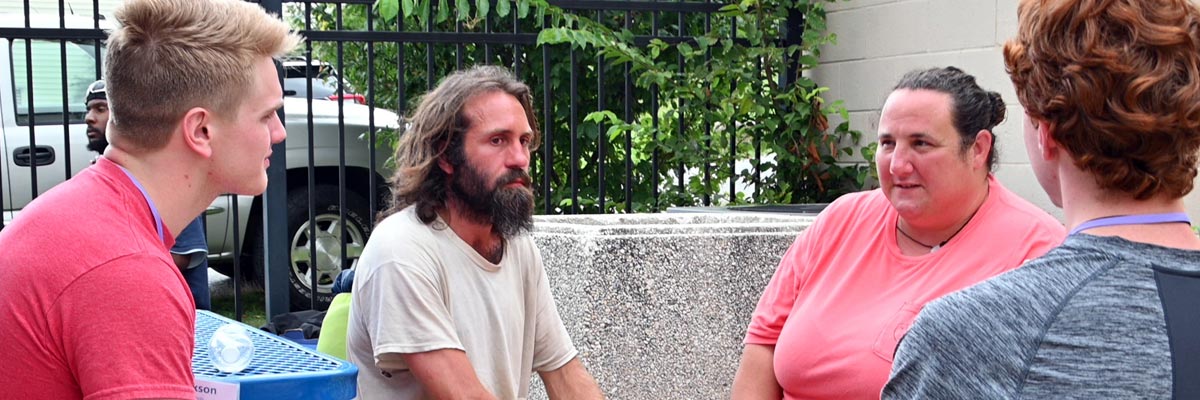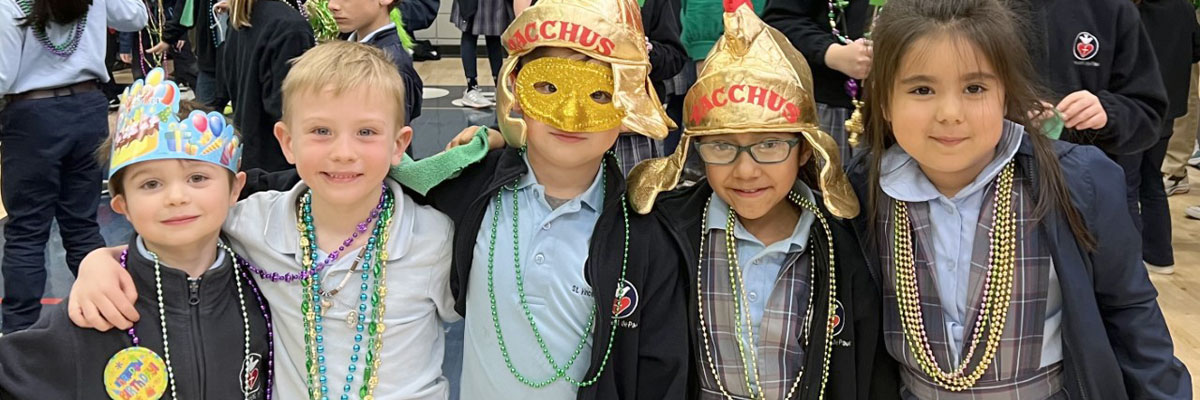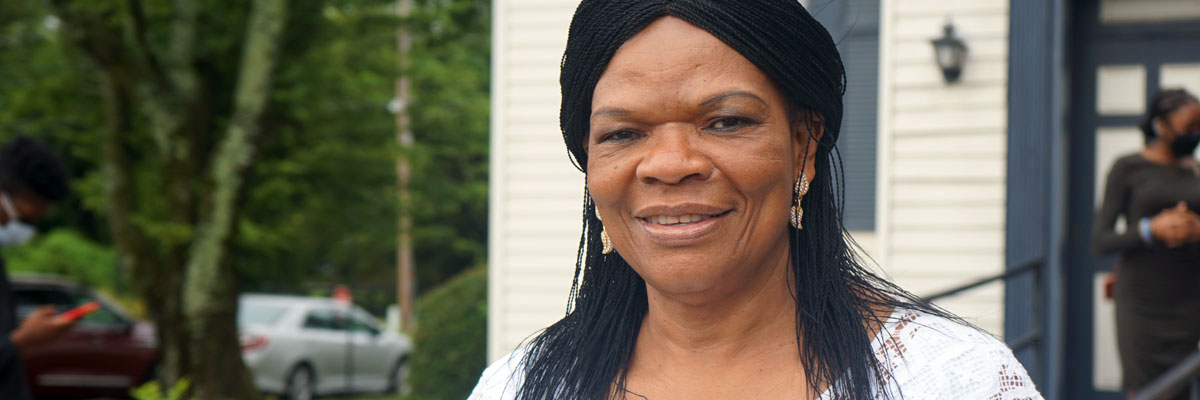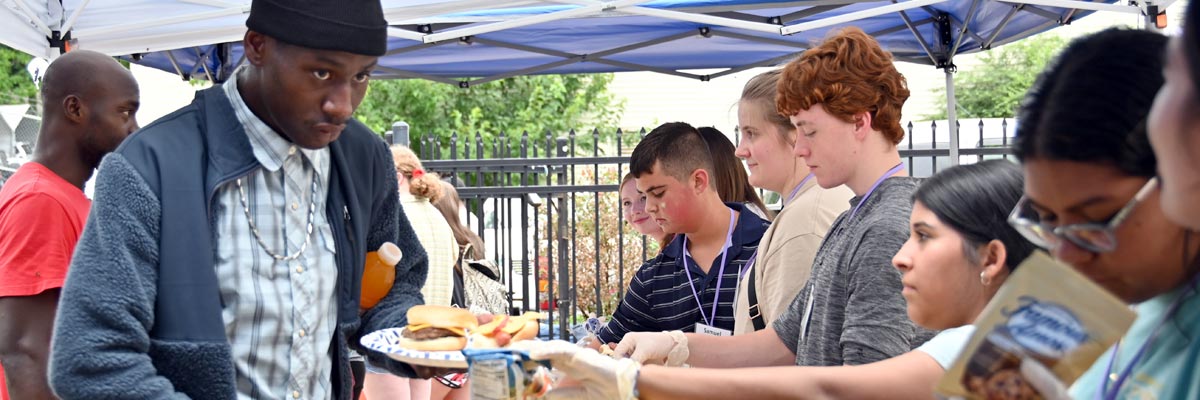Official Website of the
Catholic Diocese of Little Rock
Our eyes have not seen what our hearts can only imagine of heaven
Published: November 4, 2006
By Judy Hoelzeman
“Heaven seems a lot closer in a house beside the water.” It was just a saying embroidered on a couch pillow in a vacation house. But add the expanse of Montana’s Canyon Ferry Lake outside the window, along with a deer grazing 10 feet away, and heaven really did seem close. Since my father and his brothers, my mother and her siblings all have died, I think a lot more about heaven. It is natural for us to have questions about heaven — what does it look like? Who will be there? How will our loved ones look and will they know us? What will we do there? Many years ago, before death had touched me, I talked to the late Father Francis Colavechio about heaven. I told him I had rather unappealing images of heaven — Mary and the saints in pious, trance-like poses. He gave a little snort and acted like I should know better. “Heaven,” he said, “will be everything you most love. If that’s ice cream, then that’s what heaven will be.” Even though our questions and longings are intensely personal and human, we seem to want something institutional and official to cling to. The Catechism of the Catholic Church calls heaven “the ultimate end and fulfillment of the deepest human longings, the state of supreme, definitive happiness.” (1024) That is comforting language, but both the catechism and Catholic theologians stop short of giving definitive answers to specific questions. The catechism even uses that old vexing term “mystery,” saying that the nature of our communion with God and our deceased loved ones remains, for now, beyond human understanding and description. (1027) The catechism points us to scriptural images of heaven for comfort: life, light, peace, a wedding feast, wine of the kingdom and paradise. In John 14:2, Jesus tells us that we are expected and eagerly desired when he says: “I go to prepare a place for you.” The comforting words of Revelation speak of heaven as a time where hunger and thirst will be no more, a place where God will wipe away all our tears. (Revelation 7:16-17) While she may not give us the specific answers we long for, the Church knows our human need and shows pastoral concern. In the prayers for the dying we hear: “May you live in peace this day, may you be at home with God … and all the angels and saints.” In the Christian funeral rite, as well, the Church tells mourners with gentle assurance, “one day we shall see our brother/sister again and enjoy his/her friendship.” Catholic theologian Father Peter C. Phan in “101 Questions on Death and Eternal Life,” writes that we can expect a joyous reunion because, after the painful separation, we will see again the people we love and or who love us. He adds the possibility of a surprise, reminding us that “… by the miracle of God’s amazing grace,” we may find people in heaven that we thought were separated from God and would be excluded, people we had lost all hope for. St. Paul, too, speaks of the surprise element when he says that as human beings, we have not seen or heard, nor can our human hearts even begin to imagine, what God has prepared for us. (1 Corinthians 2:9) Satisfying answers may not exist to ease the pain of separation. Our best bet is to immerse ourselves in the here and now, for that is where God meets us. In the meantime, we wait, trust and remain ready for God’s big surprise. Judy Hoelzeman is a member of St. Edward Parish in Little Rock.









